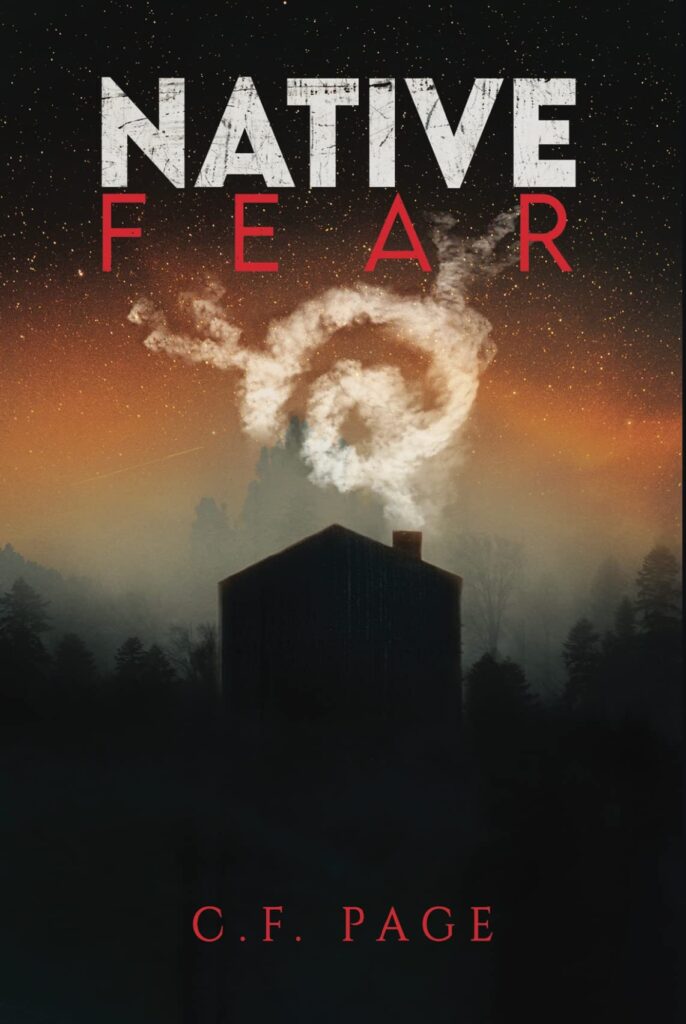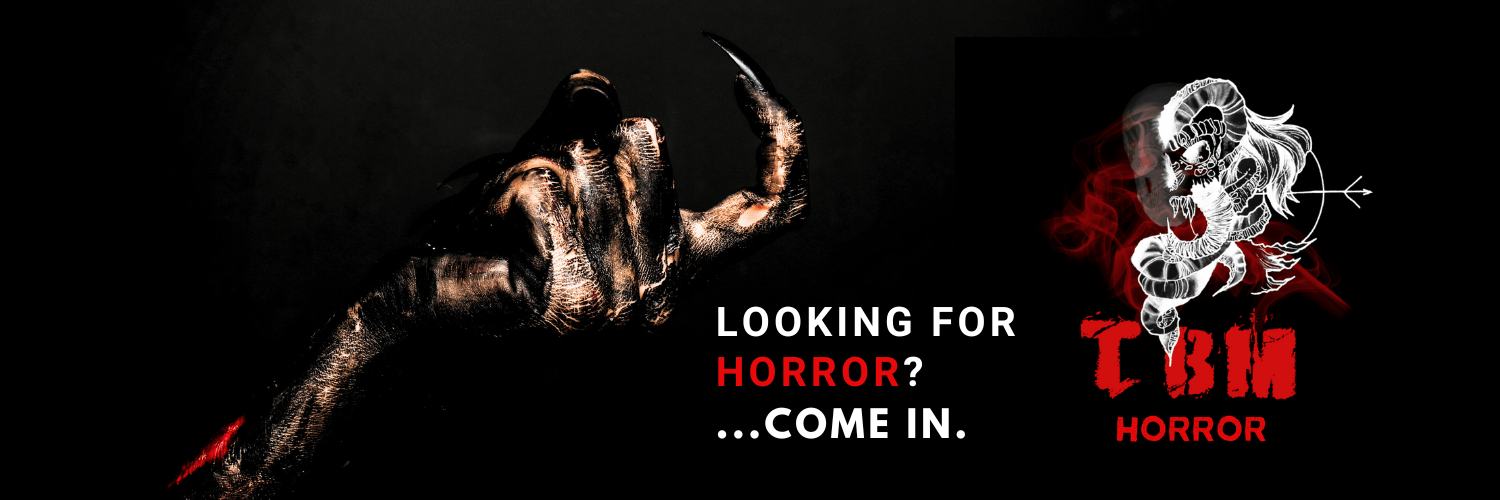
Winter 2017.
Olly Torrance—on the run, and hundreds of miles from his home in Illinois—winds up passing through Coyote Village, Michigan. If he’d taken a left or a right at the Main Street intersection, he’d be fine. But he—unaware of the ill-omened genius loci of the Elkhourne Ranch—went straight. He went up Old Willow Road. And not being a local, he hadn’t known about the sinister rumors. Everything ranging from Satanic worship to scientific experiments . . . and stranger things.
Olly finds himself in the care of the mysterious Elkhournes. They seem to accept him. They mend his broken bones, offer him a job as groundskeeper, but most of all: they don’t snoop into why he’s on the run . . . because if they knew what he’d done, they might turn him in.
Olly struggles against his own inner demons while simultaneously chipping away at the Elkhournes’ dark secret.
This one took me a long time to read, but it was due more to circumstance than anything.
There’s enough other reviews on Amazon and Goodreads that fill you in more on plot and character details than what you can glean from the back cover copy above that I won’t bother. Here’s what you probably need to know…
This ain’t your standard horror read. Page is a singularly unique writer. Not in a Mark Z. Danielewski, House of Leaves kind of way that leaves you spinning the book in circles to read the text, and going blind from all the goddamned footnotes. But more in a Stephen King/Lovecraft/Thomas Ligotti way, if they also were a touch OCD and ADD.
Hmmm…let me see if I can make this clearer…
Page wears a lot of his influences on his sleeve and they show up on the page. However, that being said, despite the obvious influences, he’s developed his own very unique style of telling a story. For me, I will say I found it intensely readable, but I can also see how some may find it off-putting. Basically, unlike most novels, Page tends to eschew the standard practice of climbing inside the character’s head, then giving the reader only the observations and thoughts of that viewpoint character. Your basic first or third-person limited point of view. You do get those thoughts and observations, but Page also gives you more of a god’s eye view of the proceedings, often adorning his characters’ observations with parenthetical asides that could only come from an all-knowing narrator.
Here’s just a couple of examples:
(from page 300)
Craig was obnoxious, rude, and cocky (the type of guy Tiffany typically went for, alas); Sam, on the other hand, was soft-spoken, polite, and somber—the type of guy that people (the same people who assumed Massie was smart) would think was compatible with her because he was smart and, despite being homeschooled, very cultured, very wise, like he was a lot older than he appeared…
(from page 382)
Around the same time that his brain gave permission to his hand to turn the doorknob, the door in the basement leading to the tunnel (which Olly had left ajar, remember?) slammed open, and through its frame the quality and texture of the light changed ever so subtly, like the passing of a shadow—or a shimmer of light.
Most of the time, I had no problem with this and found it rather conversational and comforting, as though Page was telling the story just for me. I did, though, find it a little heavier toward the end and I personally felt it slowed the pacing just a touch.
There was also an interlude toward the end that I honestly could have done without, where one character ruminates that, if he was a character in a novel, this is likely what the author would have done with him, but here’s what happened instead. I just found that that section forcibly yanked me right out of the proceedings and made me very aware that I was no longer immersed in this world, but instead sitting, holding a book in my hands, and reading a novel. It felt as jarring as when the Ancient One smacked Dr. Stephen Strange out the back of his body.

So, while I wasn’t crazy about that section—and really, it was only three or four pages—here’s what I will say about the narrative style Page chose: it was a very bold choice, it was a very unconventional choice, and I absolutely applaud him for the the courage and willingness to try something different. Because, quite frankly, 99% of the time, it succeeded. I really did enjoy the writing style, more than I have in a long time.
But, of course, let’s talk about the horror…there’s a lot of it, and Page offers up a freaking buffet of different types. Cosmic horror. Body horror. Murder. Mutilation. Creatures.
You want horror? Page is your man, and Native Fear is your book.
But, to be honest, while there’s a lot to love in this weird horror tale, I think the part I enjoyed the most was the hints and tantalizations that the author offers up toward the end that kind of open up both the history as well as the future for this world. It’s fascinating stuff.
I’m guessing I probably missed some fun references, as the author states that this book is a rather obvious love letter to Resident Evil, a game I am completely unaware of. But overall, I really enjoyed the book, and I am looking forward to seeing what else is crawling around inside Page’s brain.



